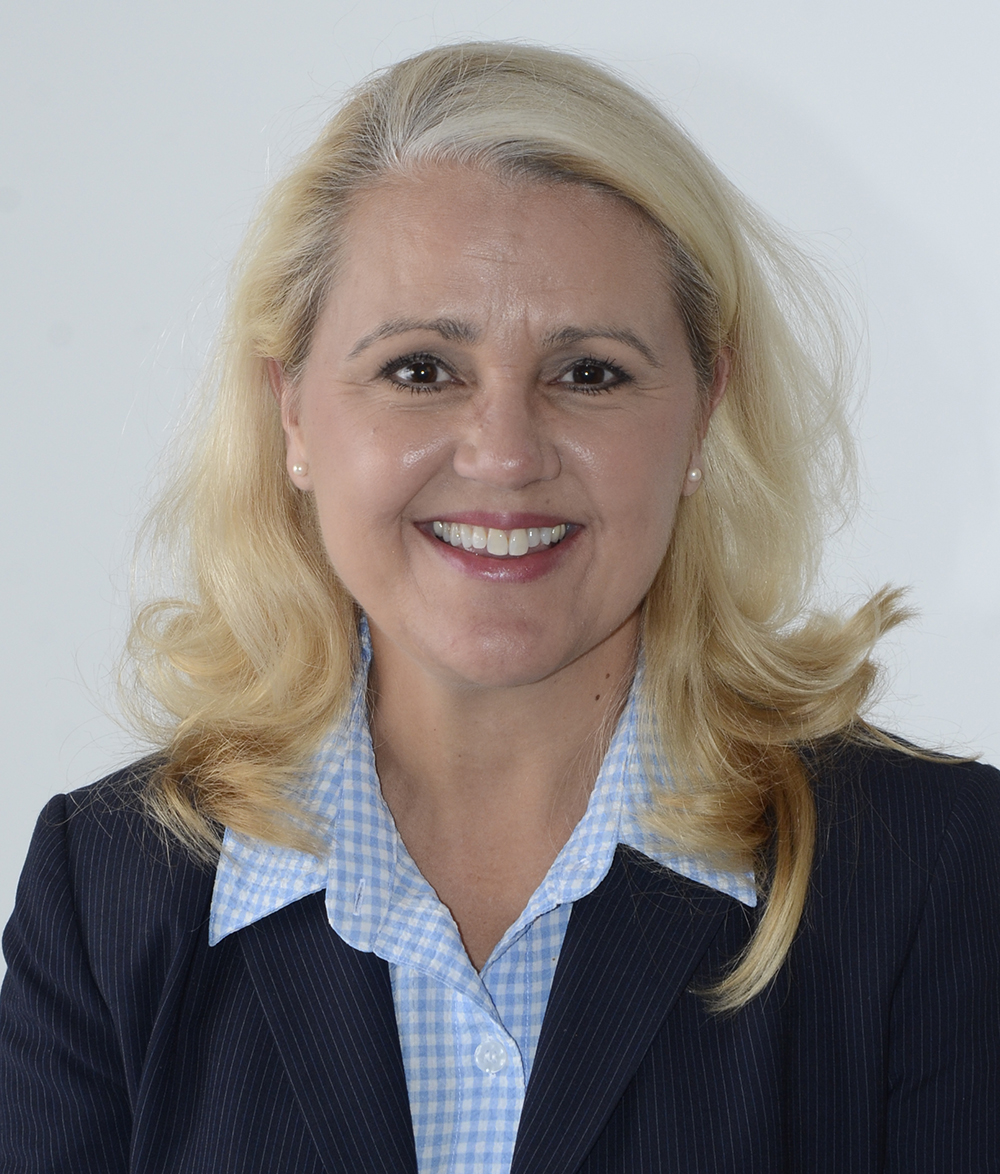A U.S. House and Senate known for gridlock may be on the verge of passing legislation that is not only bipartisan but has a positive benefit for citizens.
The ABLE Act -- Achieving a Better Life Experience -- introduced in 2013 by U.S. Rep. Ander Crenshaw, R-Fla., and U.S. Sen. Robert Casey, D-Pa., establishes tax-free savings accounts for those with disabilities and the parents of children with disabilities. The proposal now has 74 Senate co-sponsors and 367 House co-sponsors.
The current Internal Revenue Code allows someone with a disability to have only $2,000 in a savings account and to earn no more than $700 per month before eligibility for federal benefits, like Medicare and Supplemental Security Income, is affected.
Legislators are motivated by the common sense that by discouraging savings for those with disabilities, the federal government is all but guaranteeing that these fragile dependents' futures are tied to taxpayer-funded benefits. It also guarantees the parents of these fragile dependents have few to no options to prepare for their children's future in their absence.
The legislation (S. 313/H.R. 647) specifically permits savings toward "qualified disability expenses." These are defined in the legislation to include education from preschool through post-secondary learning; housing as a primary residence; transportation expenses; employment support to maintain and obtain a job; health, prevention, and wellness to defray additional health costs; and "miscellaneous expenses" that include financial and legal management fees through burial arrangements.
This 14-page bill allows concerned parents to use their own money to establish a nest egg for their children. Only families and individuals with the financial resources to work through the legal web to establish a special trust have this option.
It is amazing that the federal government would work so diligently to ensure those with disabilities be mandated to a life of dependence on the state.
In Senate Finance Subcommittee hearings last week, witnesses urged the passage of the legislation despite the vitriol in the nation's capitol.
Among those offering support in the Senate was a working mother of a boy with Down syndrome. This mom garnered a bit more attention because of her occupation -- a member of the U.S. House of Representatives.
Rep. Cathy McMorris Rogers, R-Wash., summed it up: "Our outdated laws encourage women and men with disabilities to resign themselves to a life of dependence by spending down their assets rather than saving them for future expenses."
This legislation is co-sponsored by nine of Tennessee's 11 elected federal officials on Capitol Hill (U.S. Rep. Chuck Fleischmann and Sen. Bob Corker have not signed on). It should be unanimously supported.
In this instance, creating a safety net for those who have disabilities, yet are penalized for attempting to work and save, is the right thing to do.
Further, our federal government seems content to make it more and more difficult for any person to save, to work and to pursue a life of personal responsibility.
Let's hope that after the "August recess" ends on Sept. 7 we'll see at least one piece of effective, productive bipartisan legislation move to passage and become law.
This group is able, but are they willing?
Robin Smith, immediate past Tennessee Republican Party chairwoman, is owner of Rivers Edge Alliance.

